10 Things You Need to Know Before Visiting Japan
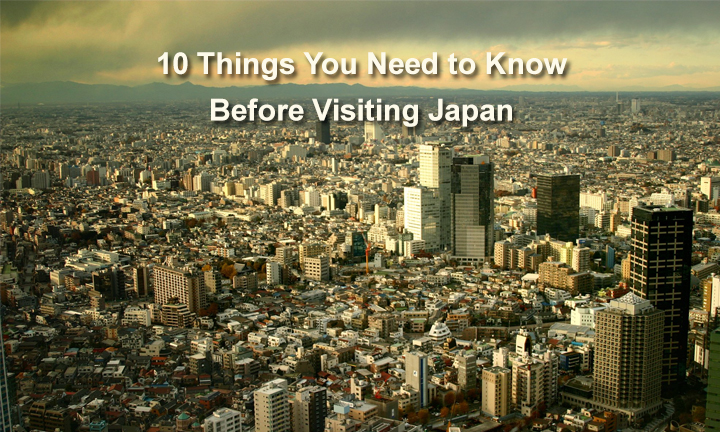
There is nothing like traveling to a place where modern cityscapes blend perfectly with well-kept culture and traditions. And in Japan, you can expect all of that and even more!
Japan, also known as the “Land of the Rising Sun”, offers a wide array of attractions for foreign tourists.
So you can expect to see lots of people traveling to Japan to experience its culture and attractions first hand. In fact, more than 30 million foreign tourists were visiting Japan in 2018 alone.
And if that’s not enough to get you excited, you’ll be delighted to know that Japan has four distinct seasons. As a result, you can expect to experience unique attractions and scenic views depending on the season that you visit.
However, before you get too excited, you should learn a few important things before booking your next vacation.
After all, Japan has some unexpected traits that can be interesting and troublesome for tourists.
10 Things You Need to Know Before Visiting Japan
With the wild mix of modern technology and old traditions, some tourists can get lost in Japan’s current culture. In fact, Japan may have a few traits and customs that may shock you as you travel. With this in mind, it’s important for you to learn distinct aspects about the country you’re planning to visit.
And with Japan, there are at least 10 very important things you need to know before you travel. So read on and make your visit to Japan the best experience in your life!
1. Japan’s Safety Status
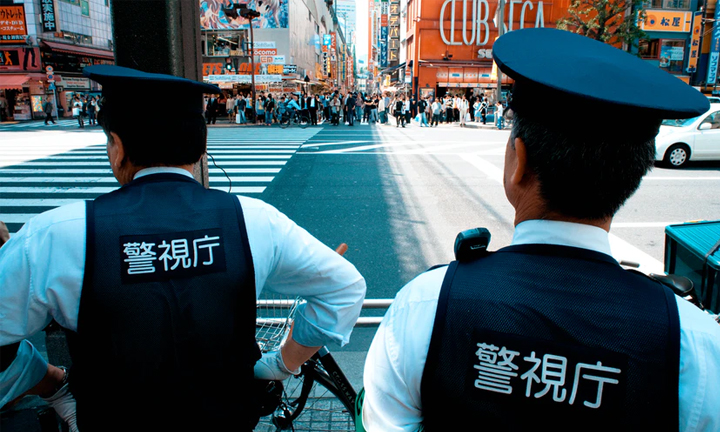
Before you travel to any destination, the first thing you should find out is the safety of the country. After all, you wouldn’t want to risk your safety and security in a foreign country.
However, you won’t really have to worry too much when you travel to Japan. This is because Japan is globally known as one of the top safest countries for tourists and travelers.
In fact, Tokyo is globally ranked as the safest in 2019, while Osaka ranks third in the list. Which makes Japan home to 2 of the safest cities you could ever visit in the whole world! Additionally, Japan’s status makes it a perfect destination for female tourists who want to travel alone.
However, we’d still advise any traveler to avoid any suspicious characters and locations, especially when traveling alone.
2. The Convenience of Getting a Rail Pass
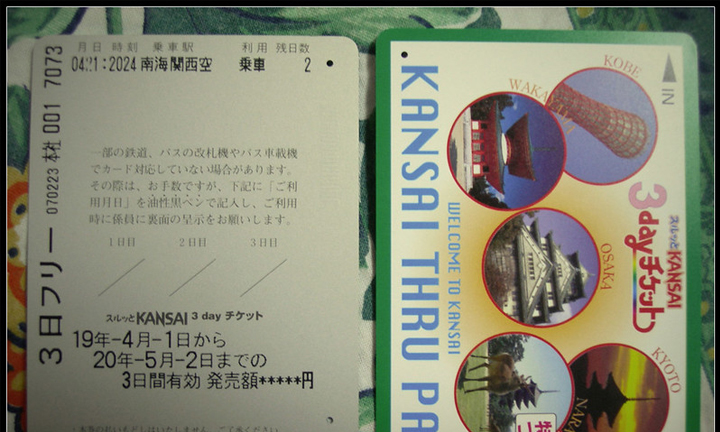
If you’re planning to go all over Japan during your trip, which you should, you’ll need a rail pass. Why? Because the amount you spend for train rides within cities and regions can add up to a large sum.
In other words, constant train rides all over Japan can lead to large and unwanted expenses. However, getting an unlimited train pass can help you save money and avoid unnecessary transportation costs.
When you’re visiting Japan, you can actually get Japan Rail Pass which acts as an unlimited train ticket. In fact, you can usually buy an unlimited pass for a specific region or even for the whole country!
Which means that train tickets won’t hold you back from going anywhere you want to go. However, you should take note that these passes only last for a limited number of days.
For example, you could get a pass for 14 days if you plan to stay for at least 2 weeks. Additionally, you should try to purchase your unlimited pass before you arrive in Japan and follow all its necessary processes.
So plan your routes, buy your passes, and travel all over Japan to your heart’s content!
3. Train Stations Close Around Midnight
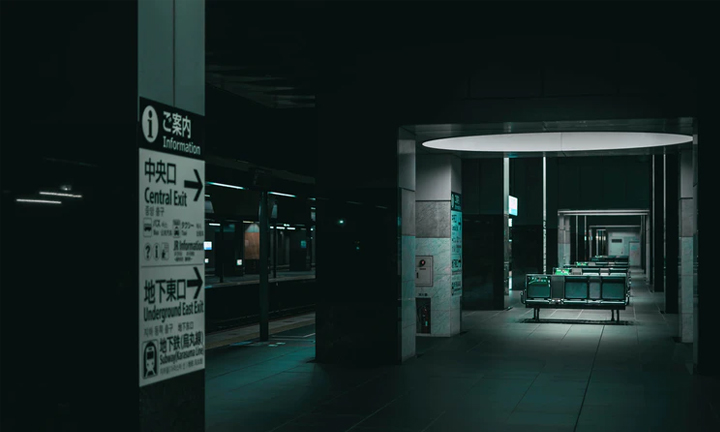
Aside from Japan’s unlimited train pass, there is another important thing to consider regarding this country’s metro system. If you haven’t guessed it yet, you’re in for a bit of a shock.
Despite Japan’s efficient and reliable train system, the metro doesn’t operate for 24 hours. In other words, the trains stop operating past midnight. Which means that you’ll have to catch the last trip around 11:00 p.m. to 1:00 a.m..
So if you’re planning on a late-night adventure around Tokyo, make sure you take close watch of your time. After all, you’re bound to spend a lot if you miss the last train and decide to ride a cab.
4. You Don’t Have to Give Tips

In some countries, it’s customary for you to give tips after services. For example, it would be rude not to tip your waiter after a nice satisfying meal. However, you’ll be surprised to know that giving out tips is not a common practice in Japan.
In fact, tourists find it unusual that even hotel staff don’t require tips for their services. But don’t worry, because this is simply how Japanese culture works. In fact, you’ll learn more do’s and don’ts when you travel to Japan.
Additionally, you don’t have to worry because this is common practice and their employees earn a monthly wage. You may even end up confusing the staff if you try to insist on giving them tips.
However, if you really want to show your appreciation, you can simply bow and give a sincere thank you. After all, honest gestures and common courtesy have the ability to overcome any cultural boundaries that you may encounter.
5. Always Bring Cash

The recent advancements in technology always seem to find ways in improving our daily lives. For example, paying bills are now more convenient when you use credits instead of cash.
As a result, some populations now carry less cash and more cards in their wallets. Which actually makes daily commutes and long-distance travels safer for people.
However, despite development in payments and transactions in general, some countries still prefer to use cash. In fact, Japan is a country where cash still flows more dominant than credit swipes.
In Japan, employees get paid in cash and establishments expect to get paid in cash as well. In other words, most shops and services will only accept cash for payments.
Large stores and commercial establishments do accept credit like MasterCard and Visa, however, cash is still the most convenient option. With this in mind, we highly recommend that you use cash like Yen or Dollars when you are visiting Japan. Finally, you can access ATM machines in convenience stores and malls in case you run out of cash.
6. Japanese Signs and Labels (No Translation)
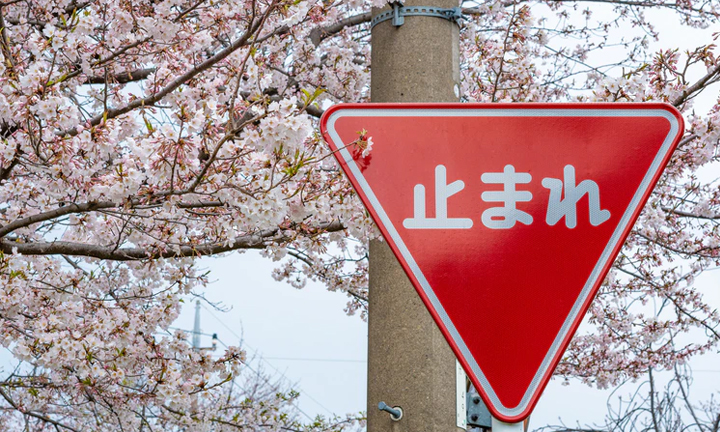
Traveling is so popular these days that it’s pretty common to find english translations in public signs worldwide. However, you should expect signs like these to be more common in cities and urbanized areas.
Particularly in Japan, there are even some areas in cities where english translations aren’t available. In fact, you’ll even notice how some shops and menus are written in pure Japanese.
However, this should come to no surprise because, like most Asian countries, english is not a dominant language in Japan. With this in mind, you need to prepare for this challenge before visiting Japan.
Considering the language barrier that you’ll likely face, you need to properly prepare for your travel. But don’t worry, this doesn’t mean that locals won’t be able to communicate with you.
In fact, Japanese people will gladly entertain your questions as long as you know how to communicate efficiently. Here are few tips for you to follow when visiting Japan:
- Learn a few Japanese words that can help you navigate through Japan.
- Don’t talk too fast when you speak with locals.
- Simplify your sentences to make it easier to understand.
- Don’t use complicated words.
- Try to emphasize key words when you speak.
- Use hand gestures to help you explain your thoughts.
- Always nod and say thank you after your conversations.
7. Avoid Being Rude in Public Places

The undeniable cultural differences between locals and tourists often lead to misunderstandings. In fact, you may even come off as rude person without even realizing it.
Although situations like these are unintentional, tourists and locals both share the same responsibility of considering each other's cultural backgrounds.
With this in mind, tourists need to be aware of the sensitive side of Japan’s culture. For this reason, we’ve got a few things for you to avoid when visiting Japan.
- Don’t use your fingers to point at people or things in public places.
- It is rude to greet people that you don’t know, even if you just want to say hello.
- Never eat or drink while walking around in the streets.
- You must never take pictures of passers by.
- Always speak in a calm and mild-mannered voice.
- Do not be pushy or aggressive with Japanese people.
- Always wear a surgical mask when you are sick with colds, flu, or other illness.
- Avoid talking loudly in trains, buses, and other public transportation vehicles.
- Always remove your shoes before entering houses or establishments that require you to do so.
- Tattoos are taboo in Japan.
- Practice respectful behavior whenever you're unsure of a situation.
8. Download Travel Apps
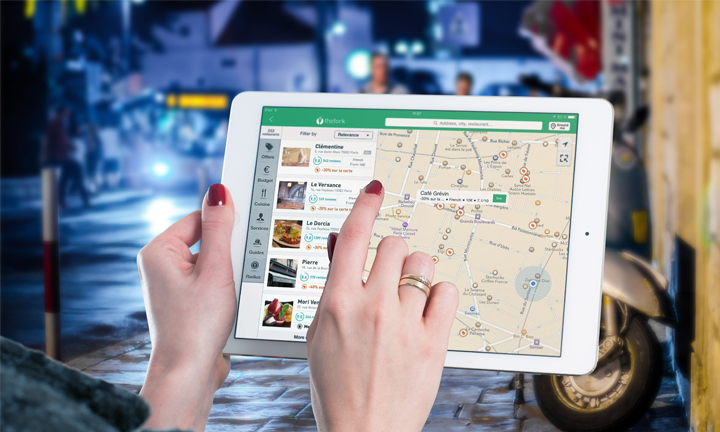
Japan is full of amazing places to visit like the Hokkaido region for example. However, travelling all over the country can prove to be challenging for foreigners.
After all, you’ll have a harder time communicating with locals and understanding signs the farther you go from the cities.
As a result, we highly recommend that you download travel apps before visiting Japan. For example, you’ll find that some apps offer digital maps and transportation routes that can help you navigate throughout Japan. Additionally, you can also get a mobile wifi that you can use to access the internet wherever you go.
9. Book Your Own Travel Photographer

With all the beautiful scenery in Japan, you can’t fully enjoy the moments if you’re busy with your camera. That’s why booking your personal travel photographer makes your travel experience more enjoyable.
In fact, tourists who love to blog about their travels can focus on their content when they hire a photographer.
After all, you’ll have the best photos of Japan when you have a professional photographer for your trip. Who knows, you may even capture the best moments of your life while visiting Japan.
10. Pack the Right Clothes for the Season

Don’t fly to Japan with the wrong clothes and gears for the season. After all, Japan has four seasons that offer very distinct sets of climates, tourist attractions, and scenery.
For example, you can capture colorful shots of naturescapes when you visit Japan in fall.
Or, you can visit during spring and watch the cherry blossoms bloom! Whichever the case, you need to take note of which season visiting and for what reason you’re visiting Japan.
After all, you wouldn’t want to be stuck with summer clothes during winter in Japan, right? But with all jokes aside, don’t forget to pack light and pack right for your amazing trip to Japan.
Final Tips for Japan Rail Passes
In conclusion, buying a Japan rail pass is only advisable for tourists who plan on traveling a lot in Japan. In other words, you’d have to travel from cities to regions to make the most of your JR pass.
Not to mention, that you have to cover long distances in a matter of 1 to 3 weeks. However, this shouldn’t be a deal breaker because this feat is quite doable.
In fact, you might even experience the best travel adventure with this kind of itinerary.
To put it simply, that’s exactly what the JR pass is made for. It’s made for tourists who want to see as much of Japan in a short amount of time.
Which is actually pretty cool and convenient if you really think about it! You just have to make sure to thoroughly plan your trip to Japan! In short, you can easily check your itinerary to find out if you need to get an unlimited JR pass. And if you don’t, then don’t worry because there are other transportation alternatives that are very affordable in Japan.
References:
- “Overseas Visitors to Japan in 2018 Top 31 Million”
- “Tokyo Ranked World’s Safest City”
- “Japan’s English Proficiency Drops Among Non-English-Speaking Countries”
- “12 of the Best Japan Travel Apps and Sites for Visitors”
- “AMAZING PLACES TO VISIT IN JAPAN SERIES: HOKKAIDO REGION SPECIAL”
- “13 Must-Know Do’s and Don'ts When Planning a Trip to Japan”